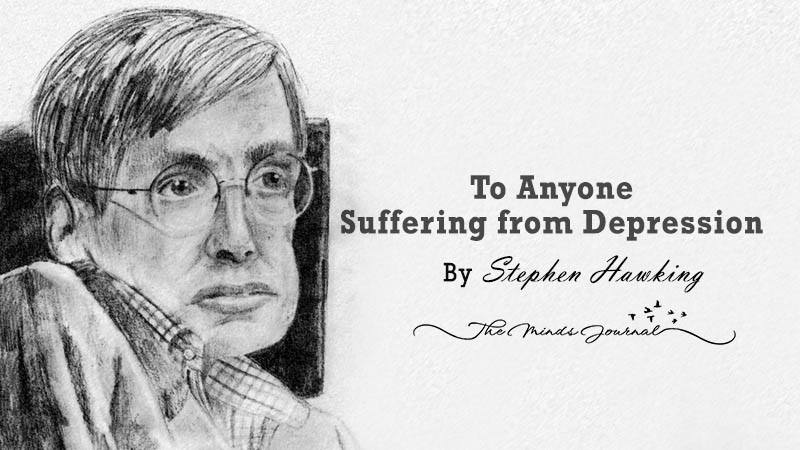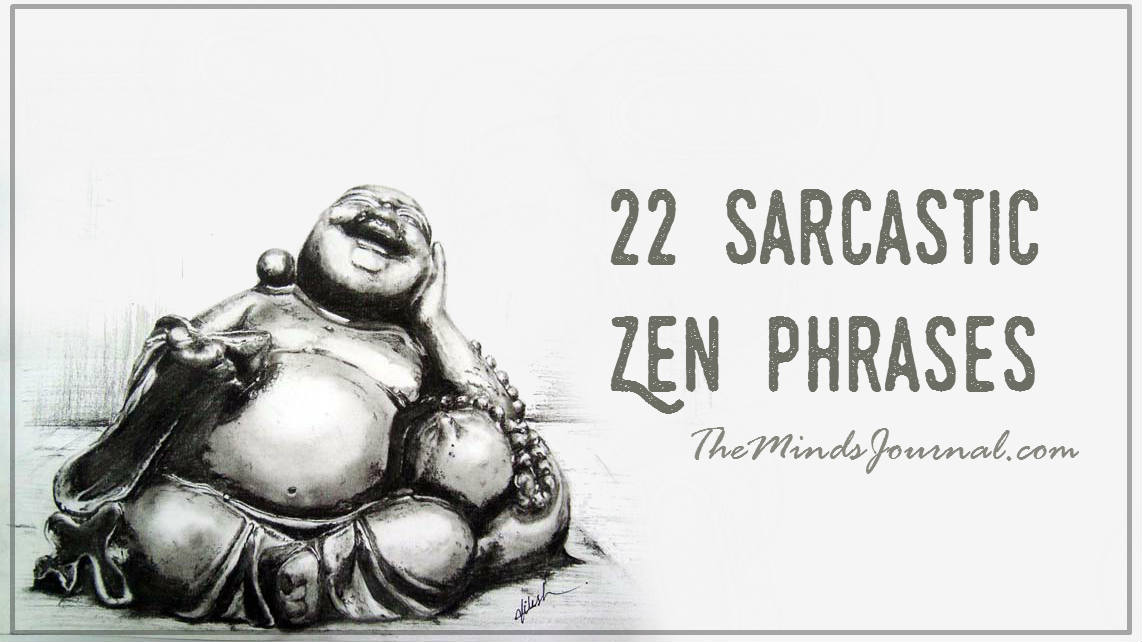The thought of breast
cancer is scary and troubles women worldwide.
What may cause you to raise your eyebrows is that women in Asian countries such
as China have lower incidences of the illness. Dietary preferences may
explain this phenomenon.
What is breast cancer?
Simply put, mammary cancer happens when cells in the breast turn rogue. They
grow fast, forming tumors which a doctor can usually detect via a mammogram or
an X-Ray of the chest area. Though these tumors are more common in women, they
may develop in men as well.
Malignant tumors that begin in the milk duct, or ductal carcinomas, are the
most familiar type of breast cancer. Cancers arising in the lobules, or lobular
carcinomas, happen less.
Breast cancer starts with thickened tissue in a woman’s breast. These cells
form what most people call a “lump.” She may feel a sting in her armpits that
has no links with her menstrual period. Her skin may redden, and a rash may
develop around her nipples. Discharge may flow from one of them.
What raises the risk of
breast cancer?
While experts cannot pinpoint the causes of breast cancer, they can identify
what puts a woman at a risk of developing it. Your tendency to contract it is
high if you have the following attributes. Your propensity for breast cancer
increases when you are older. Cancer develops in postmenopausal women rather
than those who are younger.
80% of breast cancers occur
in women over the age of 50.
Genetics and family history may determine the likelihood of getting the Big C.
If a close relative has it, the risk of you contracting it is high. That said,
breast cancers are common, and a majority of them are not hereditary. The
possibility of breast cancer may rise if you had benign breast lumps. They
include atypical ductal hyperplasia and lobular carcinoma. There is a
likelihood of them metastasizing if they develop again.
Further, women with high levels of estrogen are more likely than their peers to
have breast tumors. If you had your periods earlier than other women your age,
be alert to this. How heavy you are may decide whether you get breast cancer or
not. Obese menopausal women are more likely than their slimmer peers to develop
growths in their mammary glands. They tend to produce higher levels of
estrogen.
An interesting point to note is that taller women are more prone to breast
cancer than shorter ones, though experts still need to establish the reason for
this. Women who consume more alcohol have a higher risk than others of
developing breast cancer. If you want to kick cancer to the curb, take no more
than one alcoholic beverage per day.
Breast cancer raises its ugly head because of increased levels of estrogen and
progesterone in the female body. Hormone Replacement Therapy (HRT) may
contribute to the development of tumors. Women who need to replace estrogen in
their bodies are more likely than others to contract the disease. Combined
estrogen and progesterone therapy increase their risk.
- See more at:
http://www.thinkinghumanity.com/2016/09/women-in-china-rarely-get-breast-cancer-and-here-is-why.html#sthash.bw4FGWIU.SqZATjyI.dpuf
The Diet Factor: Why
Chinese Women Are Less Likely to Develop Breast Cancer
These risk factors aside, a woman’s diet may be one of the biggest reasons for
getting breast cancer. Jane Plant, a renowned professor of geochemistry,
received a breast cancer diagnosis from her gynecologist. She decided to put up
a fight against the disease.
Her husband, who worked in China, found that the breast cancer rates were much
lower there than in Western countries. The Plants discovered that Chinese diets
comprised only 14% of fat compared with Western diets, which contained 36% fat.
Jane then realized that few Chinese ate dairy produce.
She started to follow a revolutionary diet plan that changed her fate for the
best. She replaced high-fat dairy products with low-fat Cheese and skimmed
milk.
The lump
in her breast remained the same size after her first session of chemotherapy.
She removed dairy from her diet, and it shrank after the second session. It
vanished after her third chemo session, a phenomenon which astounded
specialists at Charing Cross hospital.
Jane’s experience brings to mind that the dietary choices could be responsible
for the onset of cancer. A low-fat diet does a lot to reduce the signs of the
disease.
Say Goodbye to Breast
Cancer with these ten low-fat foods
Plant’s theory may not be far off the mark. If you follow a low-fat diet like
the Chinese do, you can keep the Big C at a distance. These non-fattening foods
will be a great help.
1. Mushrooms
The Chinese add lots of mushrooms to their noodles and omelets. A study in the
Chinese health journal PLos One revealed that a diet high in mushrooms offers
protection from breast cancer. If you dislike Chicken Chow Mien, you can add
them to stews, scrambled eggs or stir-fries.
2. Broccoli Sprouts
These vegetables are high in antioxidants. The Center for Cancer Research found
that one of them, Sulforaphane, may target cancer growth. Have them in
sandwiches and salads.
3. Pomegranates
These fruits are high in ellagic acid, an antioxidant that may slow cancer
development. Scientists from the Beckman Research Institute discovered that it
restrains the enzymes that may cause breast cancer.
4. Lentils
The American Journal Of Nutrition supports Jane Plant’s theory that dietary
changes may help to stop breast cancer development. Researchers studied the
Asian diet and found that legumes and soy contributed to lower rates of breast
cancer. If you do not like stir-fried legumes, try a lentil burger. You may substitute
them with kale as well.
5. Walnuts
If you want to prevent breast cancer, go nuts. That is, have handfuls of
walnuts. Scientists from the Marshall University School of Medicine in West
Virginia discovered that the Omega acids, phytoestrogens, and antioxidants in
them control cancerous enzymes. Be creative and add walnuts to soups, muffins
or even pizza.
6. Blueberries
The Chinese name for these delightful fruits is “Lan Mei”, and they explain why
many of their women do not get breast cancer. Pterostilbene, a potent
antioxidant in them, cause cancerous cells to self-destruct. This fascinating
process is known as apoptosis. Enjoy blueberries with yogurt and cereals.
7. Spinach
Women who take in high amounts of folate have low breast cancer rates. Spinach
has lots of this Vitamin-B compound. If you want to enjoy this low-fat food as
the Chinese do, fry spinach leaves with prawns and a little soy sauce.
8. Eggs
Women prize eggs for their ability to control hair fall and various skin
conditions. The Choline in them helps with these ailments, and breast cancer as
well. A study found that it ensures the proper functioning of cells. The
Chinese fry them with noodles and make slurp-worthy omelets with them.
9. Salmon
The Chinese enjoy raw fish dishes every lunar new year, and they could explain
why breast cancer rates among them are not significant. Vitamin D in salmon
prevent “good” cells from turning rogue. Omega-3 fat in this fish stops the
spread of cancerous cells in the breast to other parts of the body.
10. Rye and Whole Grains
- See more at:
http://www.thinkinghumanity.com/2016/09/women-in-china-rarely-get-breast-cancer-and-here-is-why.html#sthash.bw4FGWIU.SqZATjyI.dpuf










